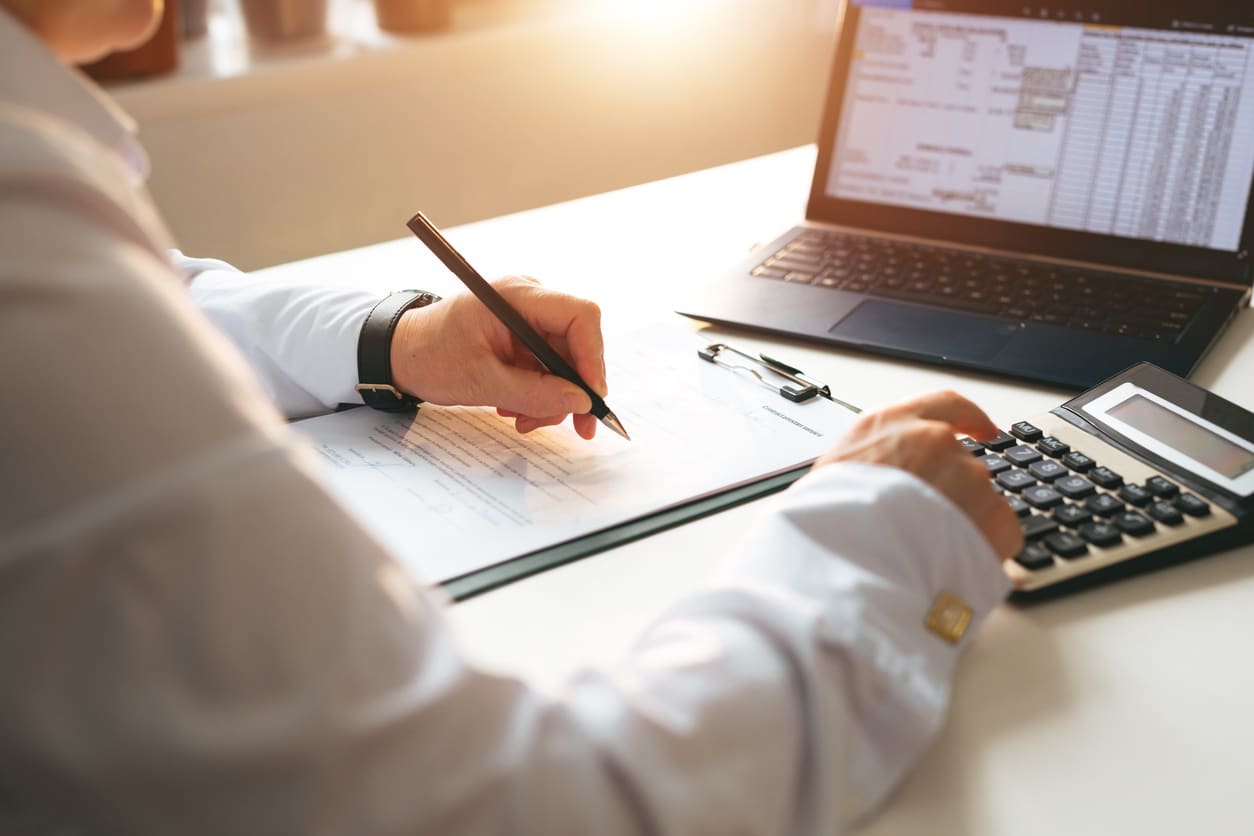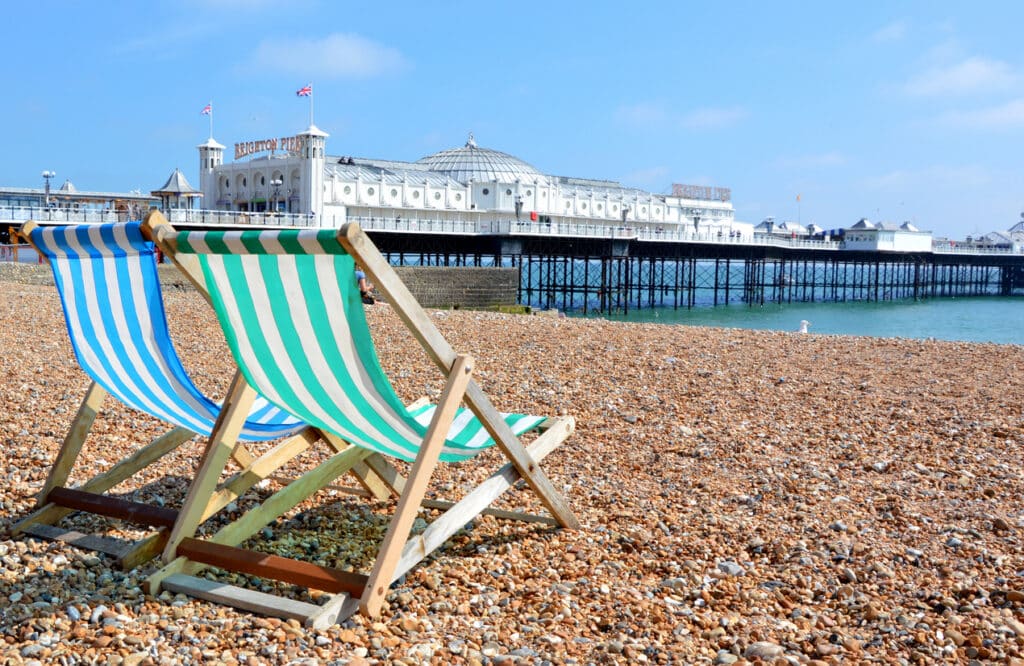Starting a new chapter in Australia is exciting, but opening a bank account in Australia can feel daunting for American newcomers. Whether you’re moving for work, study, or adventure, having a local bank account is essential for managing daily expenses, receiving your salary, and building your financial life Down Under. This guide breaks down everything you need to know—step by step—so you can open your account with confidence and ease.
Eligibility requirements and visa considerations for Americans
Before you begin the process of opening a bank account in Australia, it’s important to understand who is eligible and how your visa status may affect your options. The good news? Most major Australian banks welcome non-residents, including U.S. citizens, to open accounts—even before you arrive in the country.
Key eligibility points:
- Visa status: You don’t need to be a permanent resident or citizen to open a bank account. Most banks accept temporary visa holders, such as those on work, student, or partner visas. Even tourists can open certain types of accounts, though features may be limited.
- Age: You must be at least 18 years old to open a standard account independently. Some banks offer youth or student accounts for those under 18.
- Arrival window: Many banks allow you to open an account online up to 12 months before your arrival. However, you’ll typically need to visit a branch in person to verify your identity within a set period (usually 30–90 days) after landing in Australia.
💡Pro Tip:
If you’re still waiting for your visa approval, check with your chosen bank about their specific requirements. Some may ask for proof of your visa grant notice, while others are more flexible.
Essential documents and identification needed to open an account
Australian banks are required by law to verify your identity before opening an account. The process is straightforward, but being prepared with the right documents will save you time and stress.
Commonly required documents include:
- Valid passport: Your U.S. passport is the primary form of identification.
- Australian visa: A copy of your visa grant notice or e-visa (if applicable).
- Proof of address: This can be a rental agreement, utility bill, or official letter showing your Australian address. If you’re new and don’t have a permanent address yet, some banks accept a temporary address or a letter from your employer or university.
- Tax Identification Number (TIN): For U.S. citizens, this is your Social Security Number (SSN). Banks may request this for tax reporting purposes.
💡Pro Tip:
Bring both original documents and copies. If you’re opening your account soon after arrival, let the bank know if you’re still waiting on a permanent address—they may offer solutions for newcomers.
Best Australian banks for American expats and non-residents
Choosing the right bank can make your transition smoother. Australia’s banking sector is robust, with several major banks offering tailored services for expats and non-residents.
Top Australian banks for U.S. expats:
- Commonwealth Bank (CommBank): Known for its user-friendly online banking and expat-friendly account options. CommBank allows you to open an account online before you arrive and offers English-speaking support.
- Westpac: Offers a dedicated “Choice” account for migrants and expats, with the ability to open your account up to 12 months in advance.
- ANZ: Provides a “Moving to Australia” program, including pre-arrival account opening and support for newcomers.
- National Australia Bank (NAB): No monthly account fees for the first year for new arrivals, and a straightforward online application process.
What to look for:
- Low or waived monthly fees for new arrivals
- Easy online banking and mobile app access
- English-speaking customer service
- International money transfer options
Step-by-step account opening process: Online vs in-branch
Opening a bank account in Australia can be done either online or in person. Here’s how each process works:
Online account opening
- Choose your bank and account type. Visit the bank’s website and select the account that suits your needs.
- Complete the online application. You’ll provide personal details, passport information, visa status, and your expected arrival date.
- Submit required documents. Upload scans of your passport, visa, and (if available) proof of address.
- Receive confirmation. The bank will email you account details and instructions for activating your account upon arrival.
- Visit a branch after arrival. Within 30–90 days of landing, visit a branch with your original documents to verify your identity and access your debit card.
In-branch account opening
- Book an appointment (optional but recommended).
- Bring all required documents.
- Meet with a bank representative. They’ll guide you through the application and answer any questions.
- Receive your debit card and account details. In most cases, you’ll walk out with your new account ready to use.
Which method is better?
- Online: Convenient if you want to set up your finances before you arrive.
- In-branch: Helpful if you prefer face-to-face support or have unique circumstances (e.g., no fixed address yet).
Understanding Australian address requirements and proof of residence
One of the most common hurdles for U.S. expats is providing an Australian address when opening a bank account in Australia. Here’s what you need to know:
- Temporary addresses are often accepted. If you’re staying in a hotel, hostel, or with friends, many banks will accept this as your initial address. You can update your details once you have a permanent residence.
- Proof of address options: Rental agreements, utility bills, or official letters from your employer or university are commonly accepted. Some banks may accept a letter from your accommodation provider.
- No address yet? Some banks allow you to open an account with your U.S. address, but you’ll need to update it to an Australian address within a set timeframe.
💡Pro Tip:
Don’t let lack of a permanent address delay your banking. Be upfront with your bank—they’re used to helping newcomers and can often suggest practical solutions.
Tax implications and reporting obligations for U.S. citizens
As a U.S. citizen living in Australia, opening a bank account in Australia comes with important tax considerations. The U.S. taxes its citizens on worldwide income, and Australia has its own tax rules for residents and non-residents.
Key points to remember:
- FATCA compliance: Australian banks are required to identify U.S. account holders and report account information to the IRS under the Foreign Account Tax Compliance Act (FATCA). You’ll be asked to provide your U.S. SSN or TIN when opening your account.
- FBAR filing: If your combined foreign bank account balances exceed $10,000 at any point during the year, you must file a Foreign Bank Account Report (FBAR) with the U.S. Treasury.
- Australian tax residency: If you become an Australian tax resident, you’ll need to report your worldwide income to the Australian Taxation Office (ATO) as well. Double taxation is often avoided through the U.S.-Australia tax treaty, but careful planning is essential.
Example: If you open a savings account in Australia and earn interest, you’ll need to report that interest on both your U.S. and (if applicable) Australian tax returns.
💡Pro Tip:
Keep detailed records of your Australian accounts and consult a U.S. expat tax specialist to ensure you meet all reporting obligations and avoid costly penalties.
Building credit history and accessing banking services as a newcomer
Establishing your financial footprint in Australia goes beyond just opening a bank account. Building credit history is crucial for accessing loans, credit cards, and even some rental agreements.
How to start building credit:
- Open a transaction account: This is your everyday checking account and the foundation of your financial life in Australia.
- Apply for a credit card: Some banks offer credit cards to newcomers, especially if you can show proof of income or a job offer. Start with a low-limit card and use it responsibly.
- Pay bills on time: Utility and phone bills paid in your name can help establish your creditworthiness.
- Consider a secured credit card: If you’re having trouble qualifying for a standard card, a secured card (backed by a deposit) can help you build credit.
Accessing other services:
- Online banking and mobile apps: Most Australian banks offer robust digital platforms, making it easy to manage your money from anywhere.
- International transfers: Look for banks with low-fee or no-fee international transfer options, especially if you need to move money between the U.S. and Australia.
Remember: Building credit takes time, but starting early and managing your accounts responsibly will open doors to more financial opportunities in Australia.
Ready to make your move? Get expert tax help for a smooth transition
Opening a bank account in Australia is just the first step in your expat journey. Navigating the tax landscape as a U.S. citizen abroad can be complex—but you don’t have to do it alone. Our team of expert expat tax advisors is here to help you stay compliant, avoid costly mistakes, and make the most of your new life Down Under.
Frequently Asked Questions
-
Can I open a bank account in Australia before I arrive?
Yes, most major Australian banks allow you to open an account online up to 12 months before your arrival. You’ll need to visit a branch in person to verify your identity once you’re in Australia.
-
What documents do I need for opening a bank account in Australia as a U.S. citizen?
Typically, you’ll need your U.S. passport, Australian visa, proof of address (temporary or permanent), and your U.S. Social Security Number for tax purposes.
-
Do I need an Australian address to open a bank account in Australia?
While a local address is usually required, many banks accept temporary addresses or allow you to update your details after arrival. Some may let you use your U.S. address initially.
-
Are there tax implications for U.S. citizens opening a bank account in Australia?
Yes. You must report your Australian accounts to the IRS if your balances exceed $10,000 (FBAR), and provide your SSN to the bank for FATCA compliance. Interest earned may be taxable in both countries.
-
Which Australian bank is best for American expats?
Commonwealth Bank, Westpac, ANZ, and NAB are all popular with U.S. expats for their expat-friendly services, online account opening, and English-speaking support.
-
How can I build credit history in Australia as a newcomer?
Start by opening a transaction account, paying bills on time, and applying for a credit card or secured card. Responsible account management will help you build a strong credit profile.

 Connect on LinkedIn
Connect on LinkedIn

